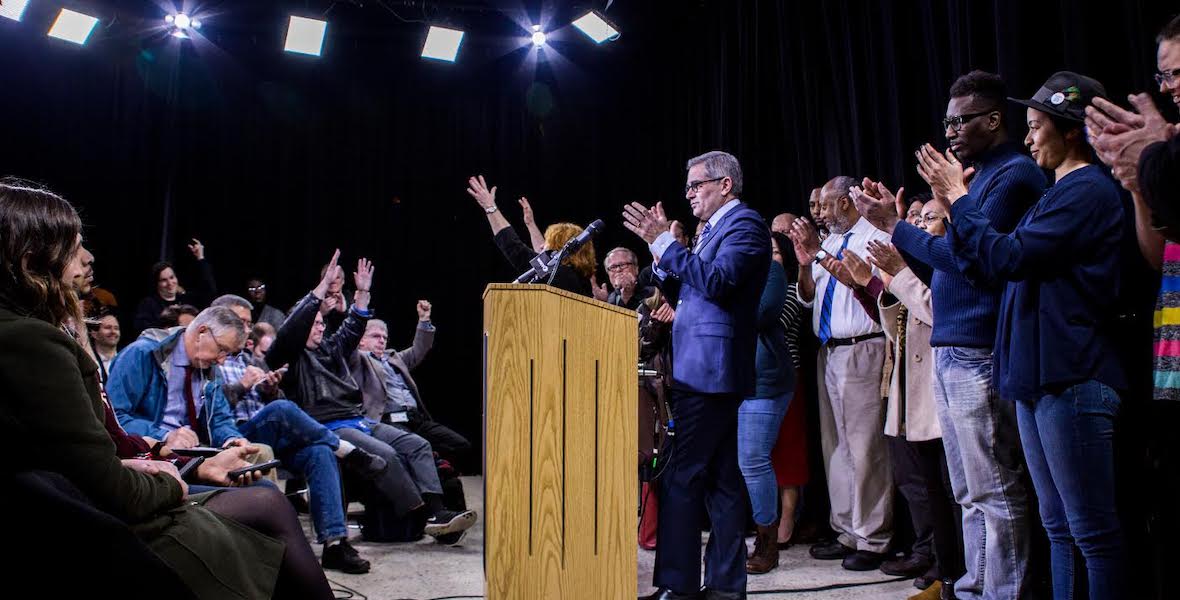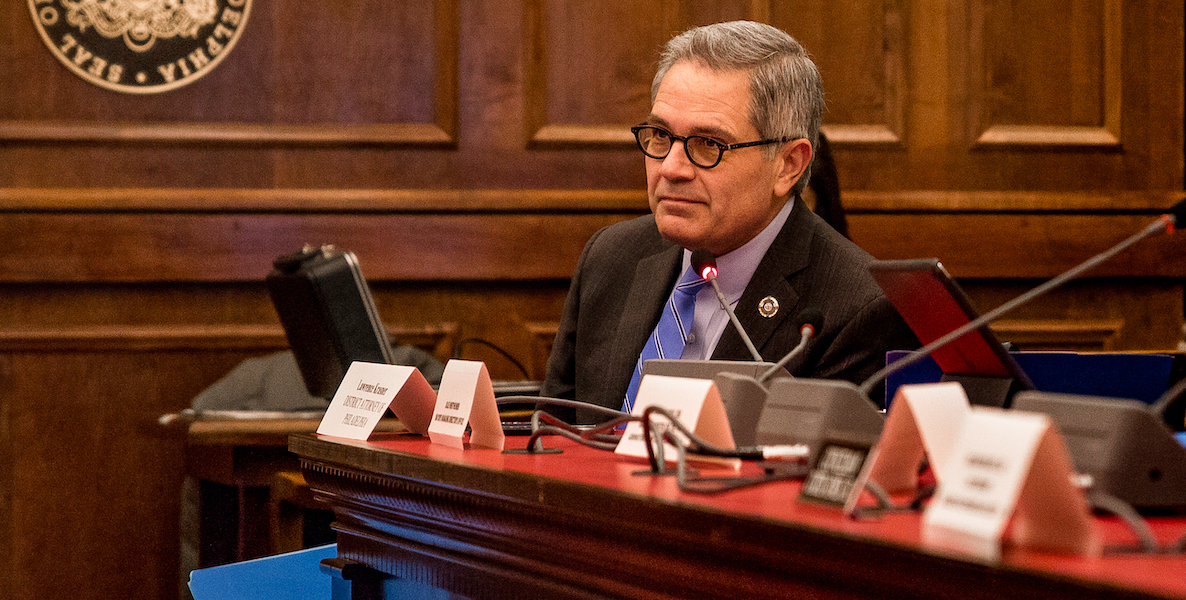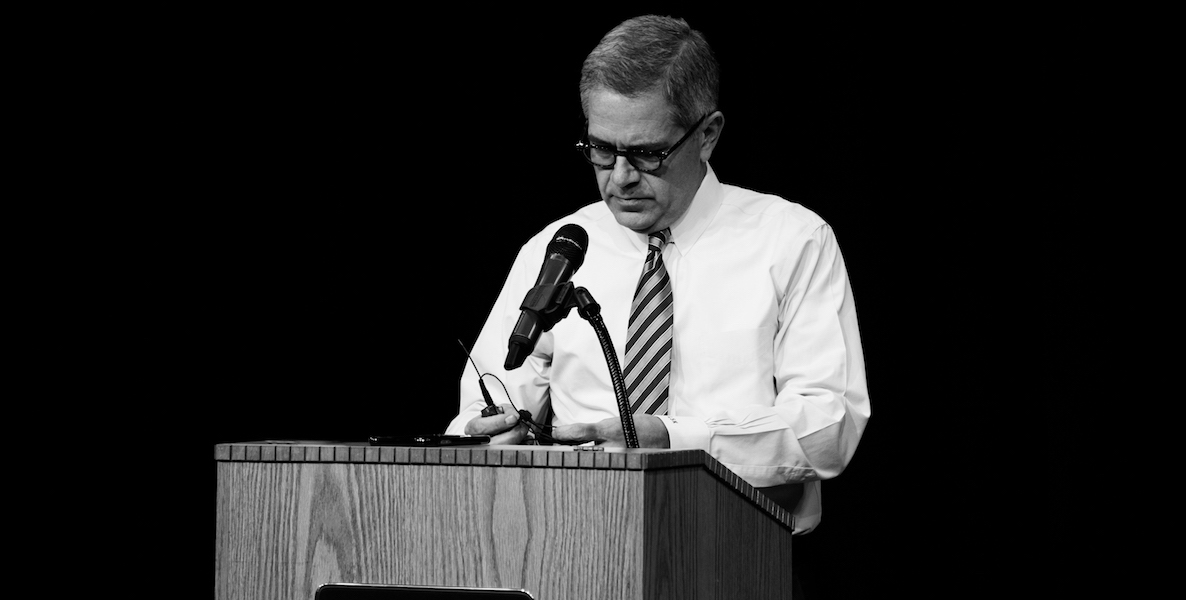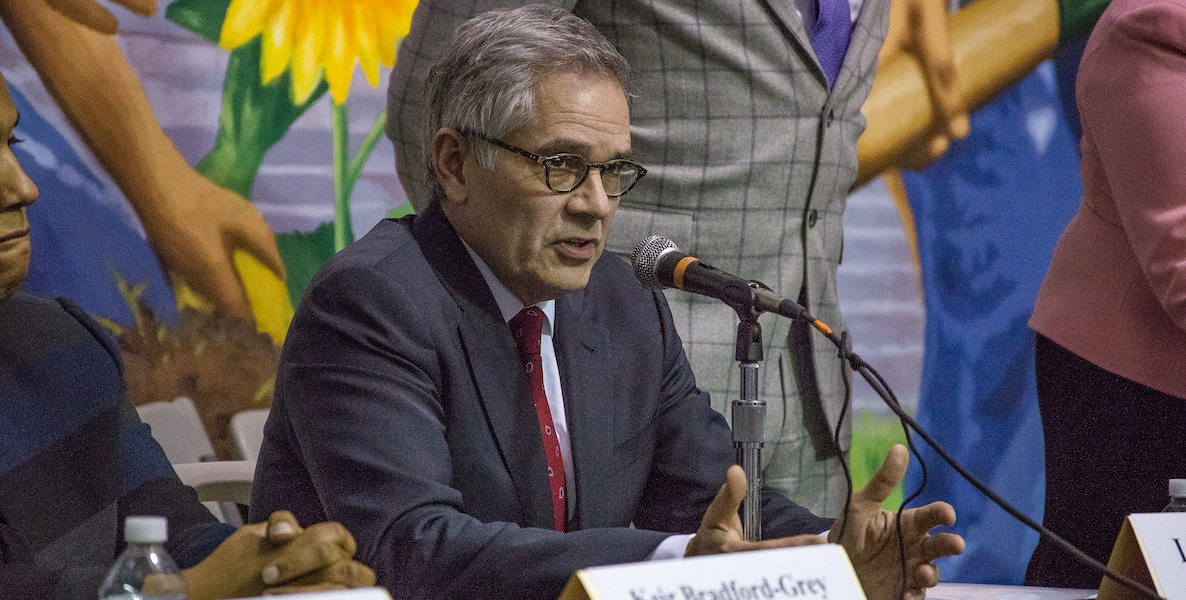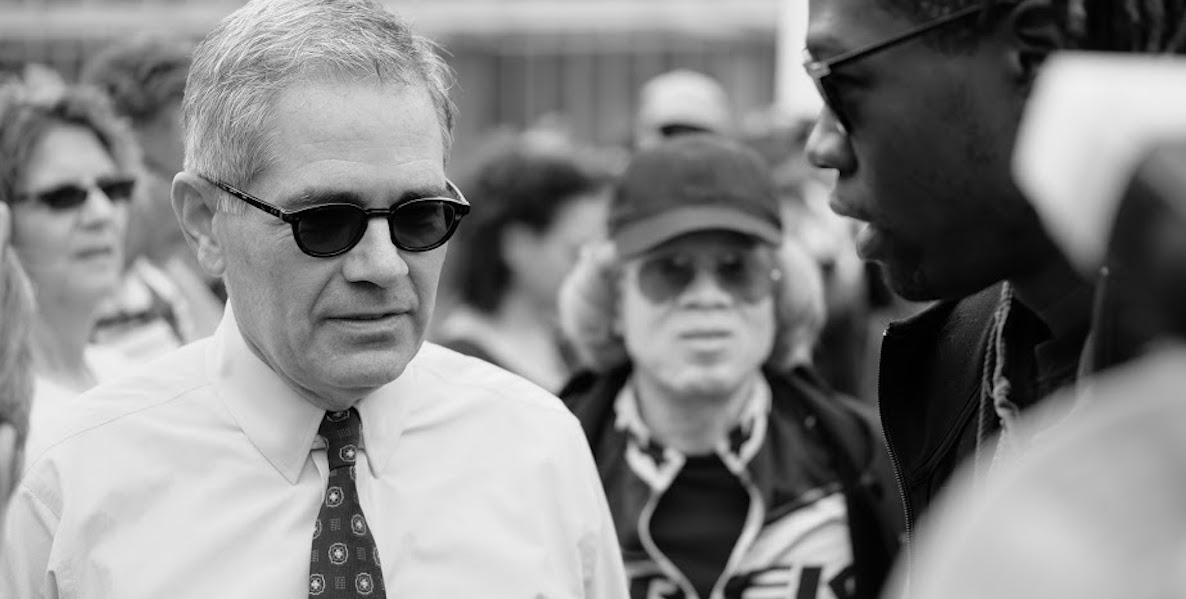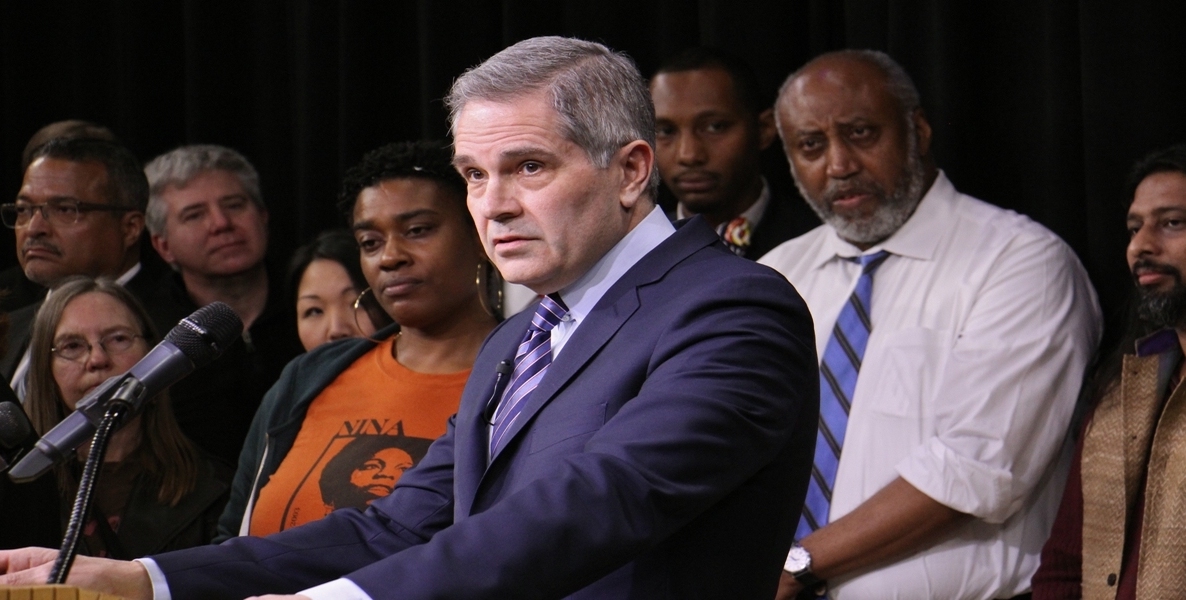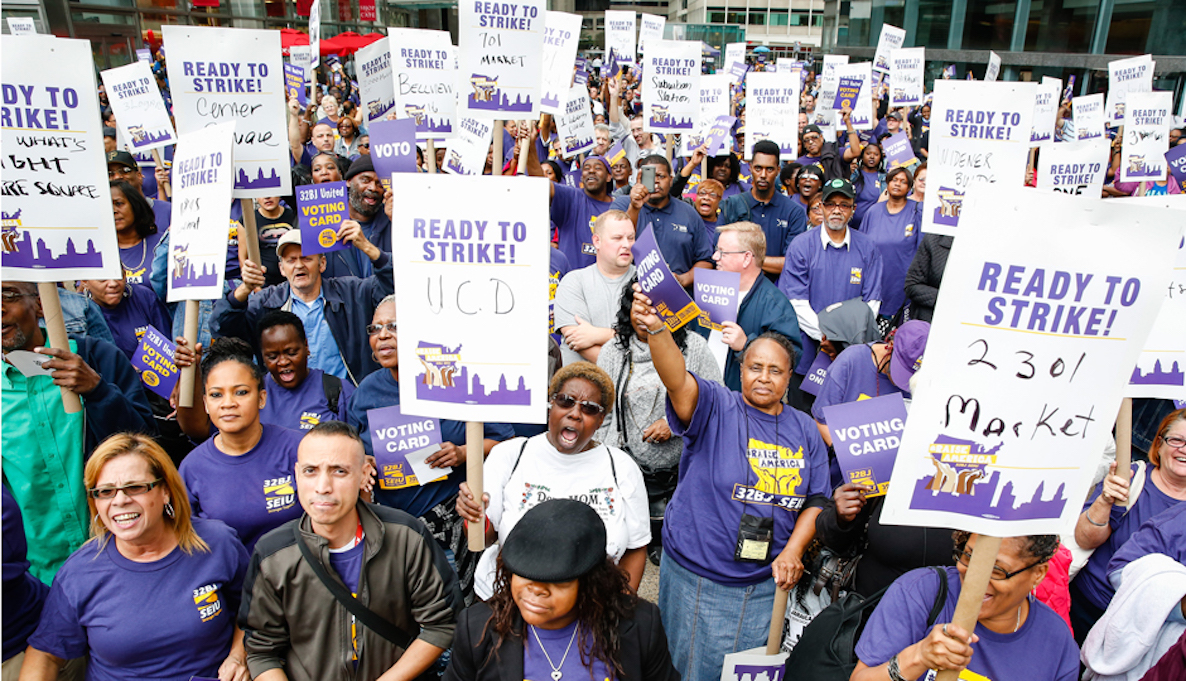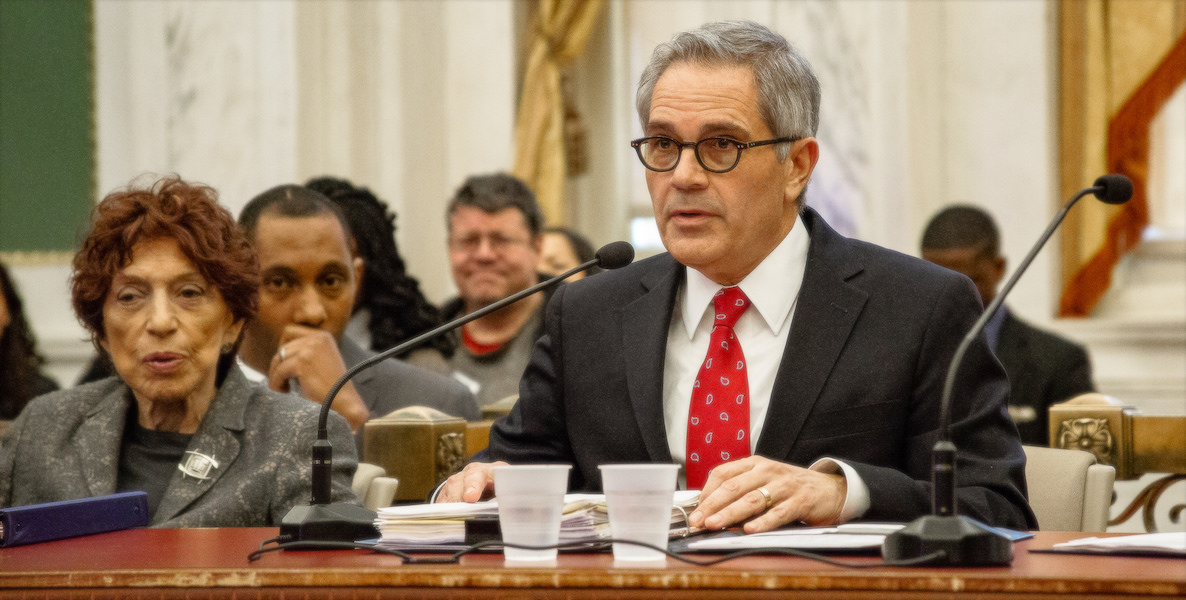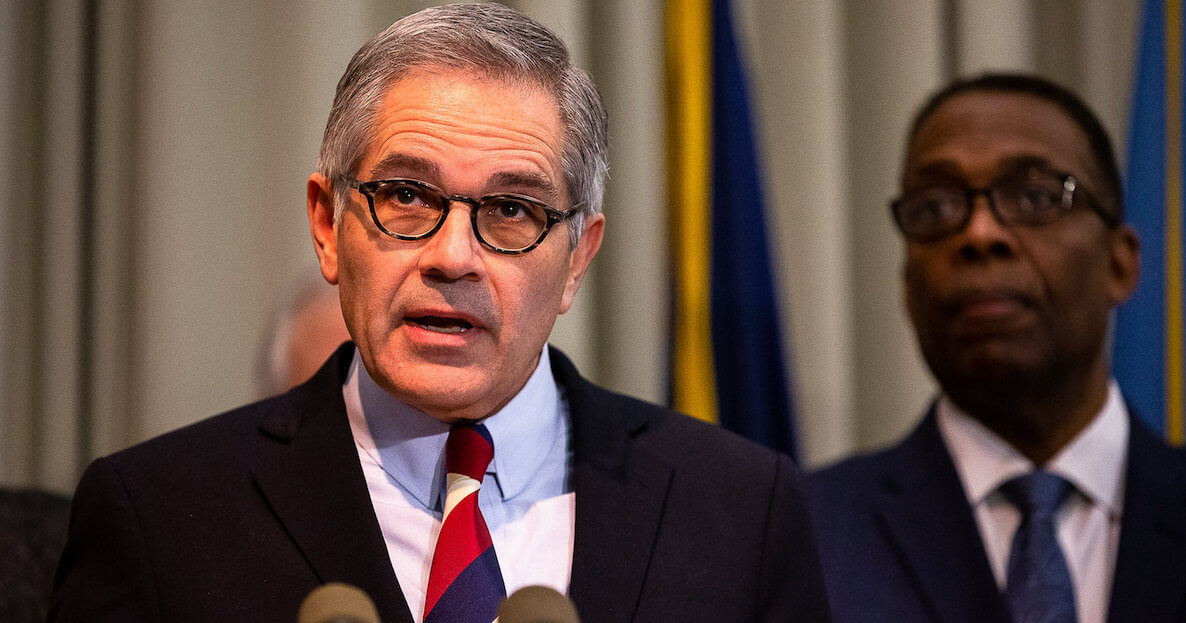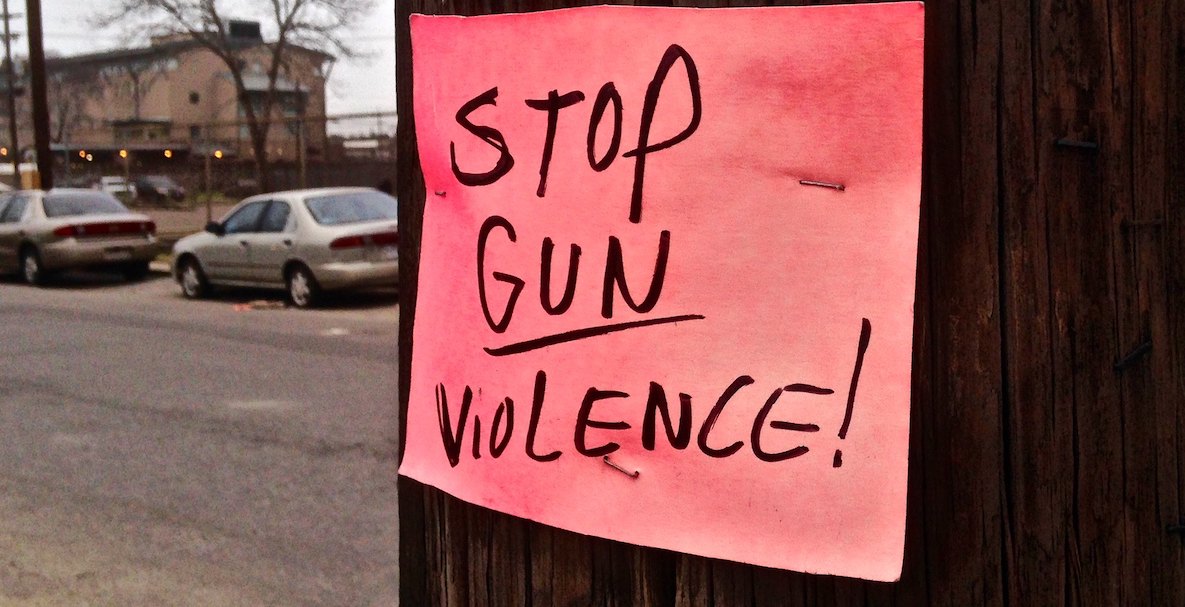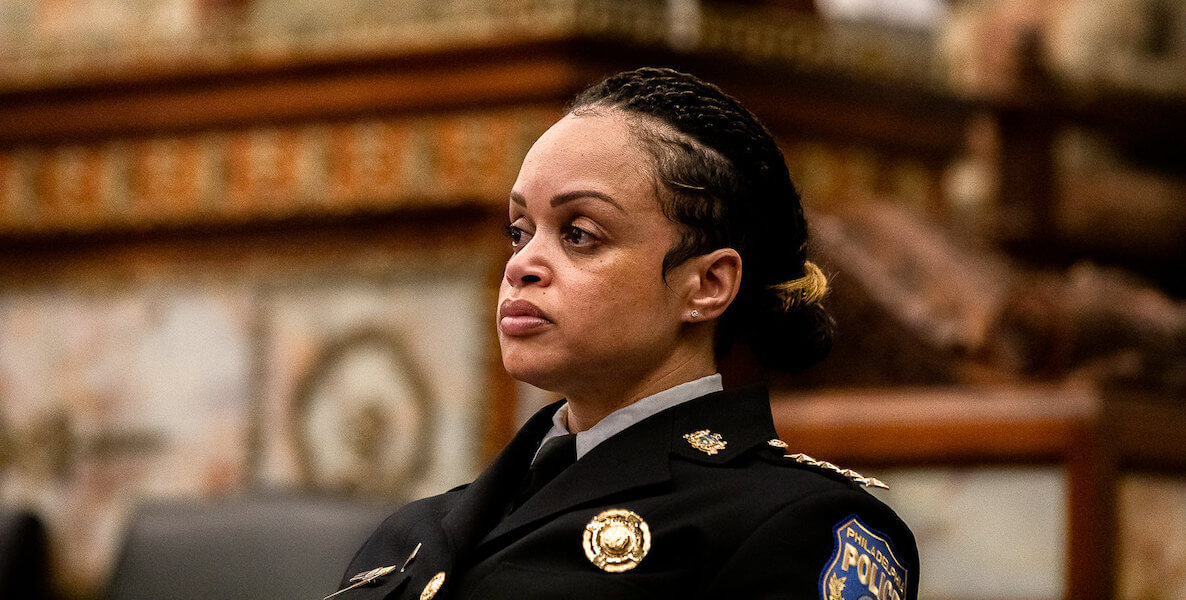“When you are studying any matter or considering any philosophy ask yourself only what are the facts and what is the truth that the facts bear out. Never let yourself be diverted either by what you wish to believe or by what you think would have beneficent social effects if it were believed, but look only and surely at what are the facts.”
—Bertrand Russell
to this story in CitizenCastListen
Both leaders were trying to convey how much they care, and that they’re on the case. That’s a good thing; one wishes the Mayor projected such a sense of urgency. But, on another level, the comments of Outlaw and Krasner were disheartening for their notable absence of a thing that used to be in ample supply in our city, state and nation: Facts.
Last week’s presidential debate—if that’s what you want to call it—only confirmed the trend: Our public discourse is where facts, civility, and ideas go to die. Yes, Trump’s boorishness and lying and bullying and authoritarianism make him a villain straight out of a Bond flick. But let’s be real; this isn’t all Donald Trump.
Right here in our backyard, the debate—if that’s what you want to call it—over crime and punishment has become a case study for just how shrillness, the questioning of others’ motives, and the malleability of fact in the public square have become substitutes for the give-and-take crafting of policies that can make citizens’ lives better.
In Outlaw’s comments this week, she implied a criticism of Krasner as a revolving-door prosecutor: “When we make arrests, we need to ensure that the rest of the criminal justice system is aligned with our efforts and our goals.”
Until now, Krasner, who has said he’s part of a “movement,” hasn’t exhibited the leadership quality that might allow him to pivot, to experiment, to question his own pre-conceptions. It is that—his true believer mindset—that is his greatest reelection threat.
That’s a gentle dig, but it falls in line with an argument advanced in the past by Outlaw’s predecessor, Richard Ross, and, most forcefully, by U.S. Attorney William McSwain. In Krasner’s ideological-driven zeal to decarcerate, the argument goes, he’s letting too many bad guys back out on the street.
That debate between McSwain and Krasner has been long on demagoguery and short on empirical evidence. Both men tend to stay true to their irate, rigid talking points even amid an epidemic of murder and mayhem. Neither man seems to possess a scintilla of doubt that their way is the way, and nor do they unfurl streams of facts in support of what they know in their bones to be true.
The finger-pointing between them started after Krasner inexplicably dropped attempted murder charges against a man who, in a 2018 attempted robbery, had shot a West Philly deli owner, confining the victim to a wheelchair for life. After the assailant was sentenced to all of four years, an outraged McSwain charged the shooter federally, and secured a 14 year sentence on gun and robbery charges.
Ever since, McSwain has publicly made the case that Krasner’s leniency sends “a message that violent crime has little consequences,” and he’s been all outrage, all the time, when the subject is the progressive prosecutor trend.
Tell Krasner how he's doingDo Something
“The staggering homicide and shooting rates in Philadelphia are proof that the district attorney’s radical experiment has failed,” McSwain said last month during yet another press conference targeting Krasner’s policies, in which he announced the bringing of federal charges against two defendants after the DA’s office mishandled their cases, according to McSwain. McSwain also highlighted 10 other cases where violent criminals were treated with kid gloves by the D.A.
Krasner, when he has responded to McSwain’s critiques, has been, Trump-like, quick to question his antagonist’s motives rather than engage McSwain on the substance of his critique. McSwain, Krasner reminds us ad nauseum, is, after all, a Trump appointee. (Back in 2018 Krasner went so far as to blame Trump for the repeated rape of a 5-year-old by an undocumented criminal after said rapist had been released from a city jail.)
Thing is, McSwain is not much better. He does often sound like he’s running for something, relying on outrage and personal attack and argument by anecdote. Both men bicker while the body bags accumulate—to date this year, homicide in Philly is up a whopping 38 percent.
It’s easy to roll your eyes when you hear such sniping, but I’ve found myself exasperated by something other than tone: The absence of fact. Well, now—finally—comes a study of six of the nation’s most progressive prosecutors, in Philly, Dallas, Baltimore, San Antonio, Chicago and St. Louis. And the case made by “Prosecutorial Malpractice: Progressive Prosecution, Public Safety, and Felony Outcomes” doesn’t look good for Krasner.
Read the reportLearn More
The report makes the case that, in his ideological zeal, Krasner is failing to prosecute felony offenses. Compared to his predecessor Seth Williams’ average conviction rates, Krasner has dropped or lost 26 percent more felony cases. He has dismissed or lost 14 percent more robbery cases, 37 percent more car theft cases, and 21 percent more drug sales cases. (Krasner has dismissed or lost an eye-opening 55 percent of drug sales cases, which backs up the anecdotal evidence offered by those in law enforcement who claim that street corner drug dealers joke that “Uncle Larry” has their back when cops take them in.)
Right here in our backyard, the debate over crime and punishment has become a case study for just how shrillness, the questioning of others’ motives, and the malleability of fact in the public square have become substitutes for the give-and-take crafting of policies that can make citizens’ lives better.
Here’s the data point that jumped out at me: In his first two years in office, Krasner dropped or lost 47 percent of all illegal firearms cases—a rate 42 percent higher than under Williams. And Krasner’s rate of gun violence convictions is 21 percent lower than his predecessor.
Krasner often says that “poverty equals bullets,” which McSwain has slammed as a cop-out. “That condescending statement is a slap in the face to every law-abiding, low-income resident in the city,” he has said.
But Krasner is right that, in every civilization known to man, the group or groups from the Citizen on Larry KrasnerRead More
Well, isn’t that convenient? If past reductions in crime were the product of some divine intervention, so too are all the body bags and chalk outlines on our streets, now, right? For a district attorney, such a throwing up of hands is a good way to avoid ever being held accountable. Besides, we do know what works, tactics like smart, community-based policing, programs like Focused Deterrence, and a change in police department culture that improves the relationship between citizens and those who swear to protect them.
Commissioner Outlaw gets this, as evidenced by her plan—largely unfunded in this age of low-information calls to “Defund the Police”—and by the announcement made last week by Georgetown University’s Law Innovative Policing Program regarding the rollout of peer intervention program Active Bystandership for Law Enforcement (ABLE).
Outlaw, working with Baltimore Police Commissioner Michael Harrison, is an early adopter and evangelist for the program, on whose advisory board she sits. It will soon be adopted by 34 police departments. It ain’t sexy, but, by training officers to police themselves, it’s a practical way to increase trust between cop and community, thereby ultimately reducing crime, or so the theory goes.
A program like ABLE is not a panacea, of course, but nor is it a knee-jerk doubling-down on past practices in the face of damning evidence that what you’re doing isn’t working. It is, instead, an example of what leaders should do: Try stuff. See if it works.
Until now, Krasner, who has said he’s part of a “movement,” hasn’t exhibited the leadership quality that might allow him to pivot, to experiment, to question his own pre-conceptions. It is that—his true believer mindset—that is his greatest reelection threat.
And that’s too bad, because a lot of what Krasner stands for is warranted and laudable: We do need to lessen the incarceration numbers, we do need to dismantle a broken parole and probation system, we do need to hold lawless cops accountable.
Just three months into his tenure as District Attorney, I wrote this about the Krasner revolution, and it seems apropos today: The Krasner experiment may very well determine whether it’s possible to Reform and Protect: Can you be a progressive District Attorney and, at the same time, keep your city safe? If the answer to that is no, it puts at risk the whole movement to reform the criminal justice system from the inside.
That is still the looming, animating question when it comes to crime and punishment in Philadelphia, isn’t it? Is Krasner capable of balancing reform and crime-fighting, or is he, Trump-like, so sure his way is the way that evidence of rampant murders will be chalked up to the vicissitudes of urban living?
In his first two years in office, Krasner dropped or lost 47 percent of all illegal firearms cases—a rate 42 percent higher than under Williams. And Krasner’s rate of gun violence convictions is 21 percent lower than his predecessor.
In Nicetown this week, there was the hint of some encouraging introspection on Krasner’s part. He announced that his team was reviewing some 450 cases to determine why so many had been either withdrawn by his office or dismissed by a judge.
“We’re doing this study because we need to know what’s happening,” Krasner said. “If we’re doing something poorly we want to do it better.”
That’s good to hear. Maybe Krasner is coming to see just how much reform and public safety are inextricably linked. The only way, after all, that his changes to the system stick will be if taxpayers feel safe on city streets. If they don’t, Larry Krasner can kiss his mandate for change goodbye and find himself vulnerable in the 2021 primary, most likely to a woman of color with prosecutorial experience.
The wildcard with Krasner, a lifelong defense and civil rights lawyer, has always been his dearth of political experience and skills. Well, now that his city is becoming a shooting gallery, let’s see if he has the political chops to respond to the electorate’s desire to live safely and in peace.
Photo courtesy of Jared Piper for Philadelphia City Council


